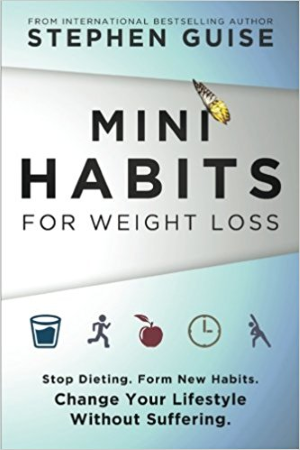There are enough books on weight loss to match the national debt. So many in fact that if you were to buy all the fascinating titles, you would lose weight because you could no longer afford to buy food. However, there is a book written by Alan R Hirsch, M.D., F.A.C.P. that covers ways to control your appetite by using scents. His scientific studies have shown that essential oils for weight loss influence the hypothalamus. The way it works is the part of the hypothalamus gland that controls appetite sends a message to your brain that tells you that you are full.
Culinary (pertaining to food, such as cinnamon) essential oils for weight loss are the most effective and floral or medicinal scents were the least effective. The scents must also be used correctly or they can actually stimulate the desire to eat. Basically, it works like this; if you smell it enough, your brain gets the message that you ate it and you feel satisfied. Apparently the more an aroma was smelled, the more effective it was. It’s also important to vary the scents regularly, preferably every day. Why? We are naturally wired to crave a variety of foods. If you use the same scents every day, they lose their effectiveness.
The most successful scents in the Hirsch studies were a banana, green apple, and peppermint. Of those, peppermint is the only essential oil, the other two are synthetic. Some people don’t like to use synthetic scents because they have a much higher allergy response. If you don’t worry about such things, then give the synthetics a try. However, it’s just as easy to use the natural essential oils for weight loss effectively. Basil, oregano, lemon, grapefruit, cinnamon and numerous others are all essential oils and work well as appetite suppressants.
Peppermint apparently acts directly on the brain as an appetite suppressant. The other oils act indirectly by giving the sense that the food associated with the scent has already been eaten. Dr. Bryan Raudenbush, associate professor of psychology at Wheeling Jesuit University in Wheeling, W. VA conducted a peppermint experiment. This experiment involved 40 people who were asked to sniff peppermint every two hours for five days. For another five days he gave them a placebo to sniff. He discovered that they ate 1800 fewer calories during the five days they sniffed the peppermint as compared to the placebo.
Though the evidence is promising, there’s still a lot of research to be done before we can say without a doubt that the scent of culinary based essential oils are the key to weight gain associated with overeating. In the meantime, it certainly wouldn’t do any harm in giving it a try. I’ve included a list of essential oils below that you can use singly or in combination.
You can purchase a scent pendant to wear during the day or you can use the old trick of placing a cotton ball with oil in a baggie. Whatever method you try, be sure and sniff the oils frequently during the day and change the scents. And don’t forget to get back to us on what oils you used and how well they worked for you.
Most common culinary essential oils for weight loss include:
| Allspice | Celery Seed | Dill Seed | Lime | Rosemary |
| Bitter Almond | Cinnamon Bark | Dill Weed | Marjoram | Sage |
| Anise | Clove Bud | Fennel | Nutmeg | Spearmint |
| Basil | Coriander Seed | Ginger | Orange | Thyme |
| Caraway Seed | Cumin Seed | Grapefruit | Parsley | Vanilla |
| Celery Leaves | Black Cumin | Lemon | Peppermint | Wintergreen |
Other articles you may find interesting in that it gives further evidence of how odors affect the hypothalamus:
Now go have fun and relax.



